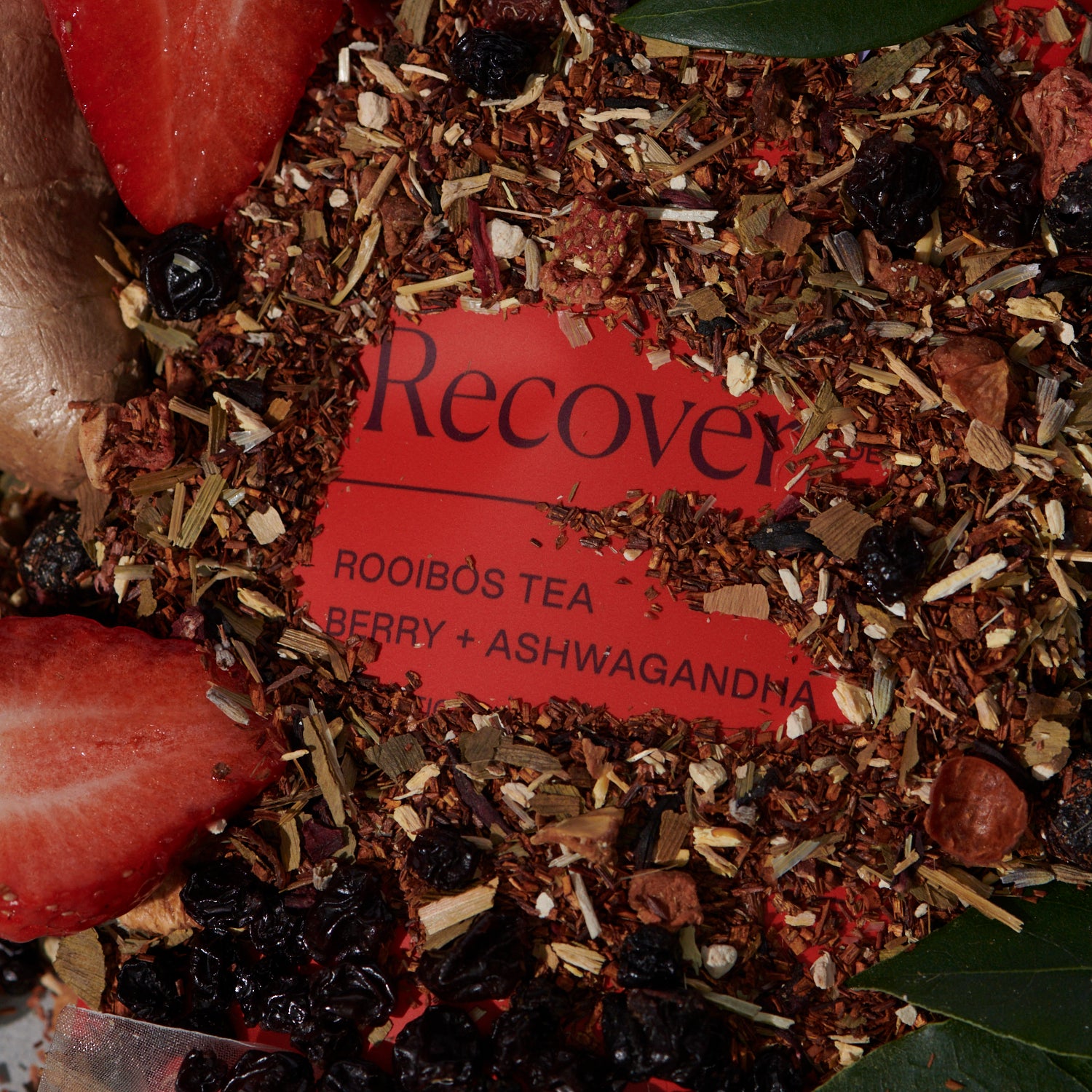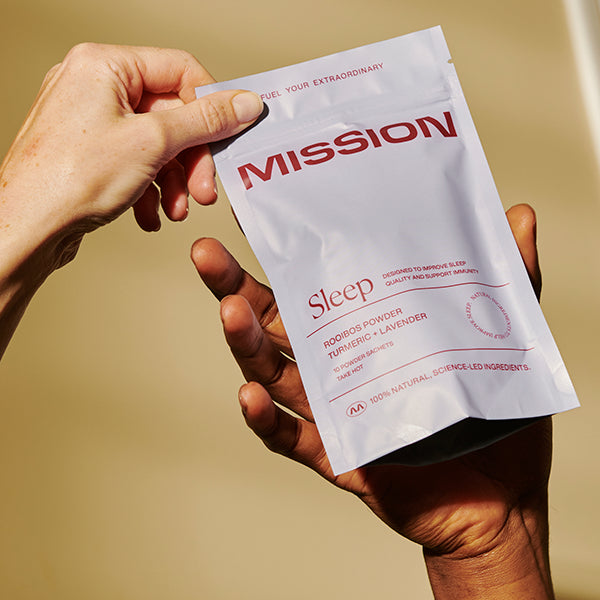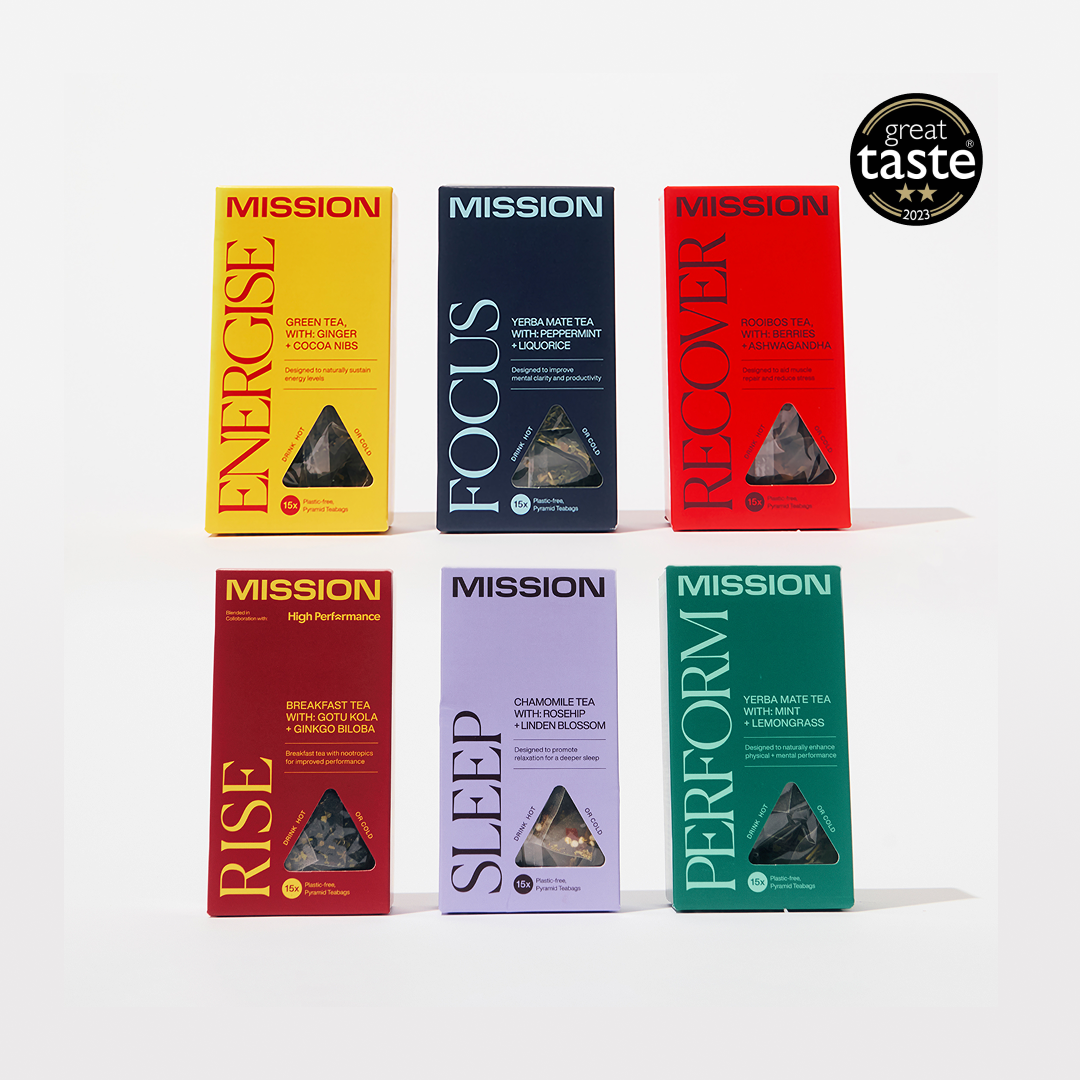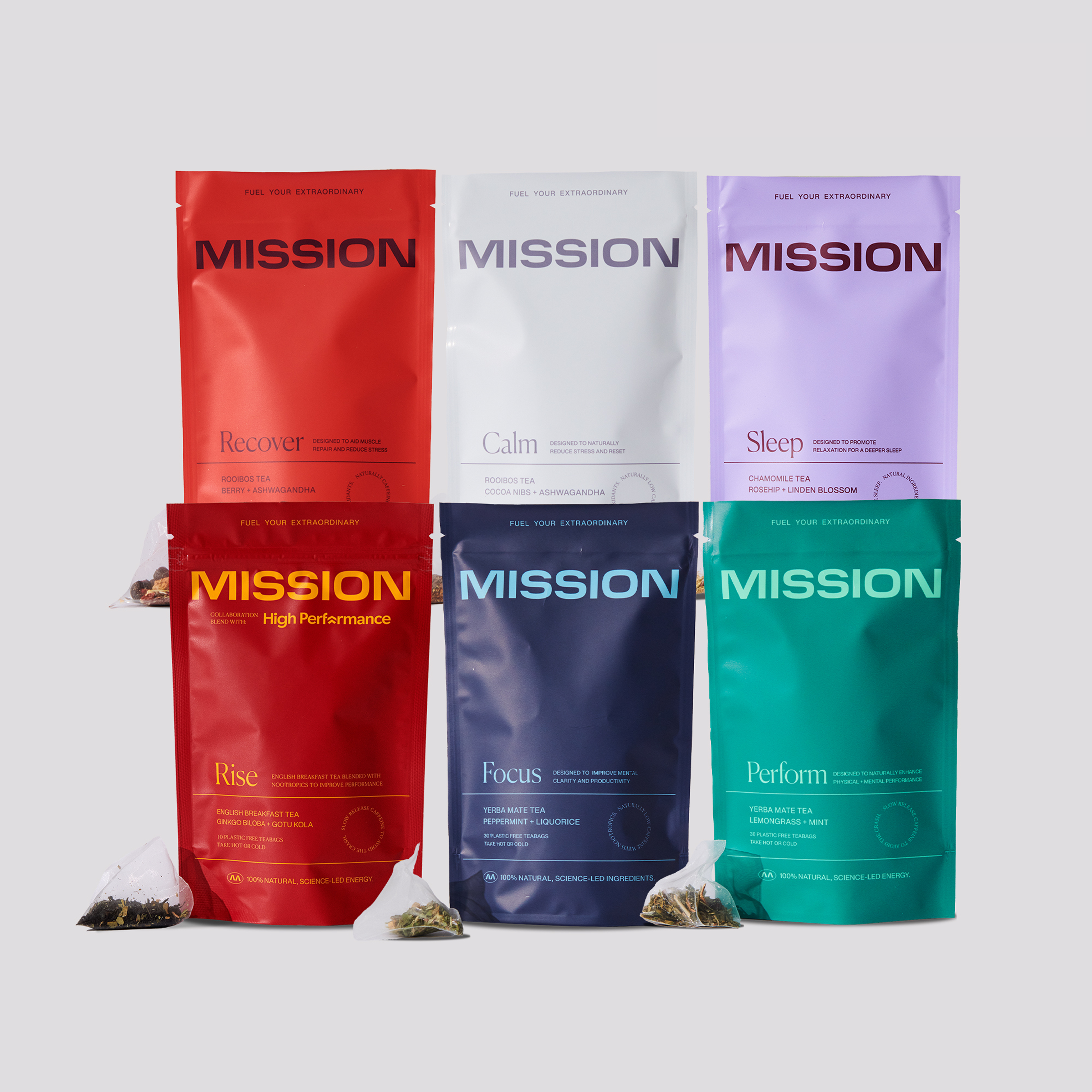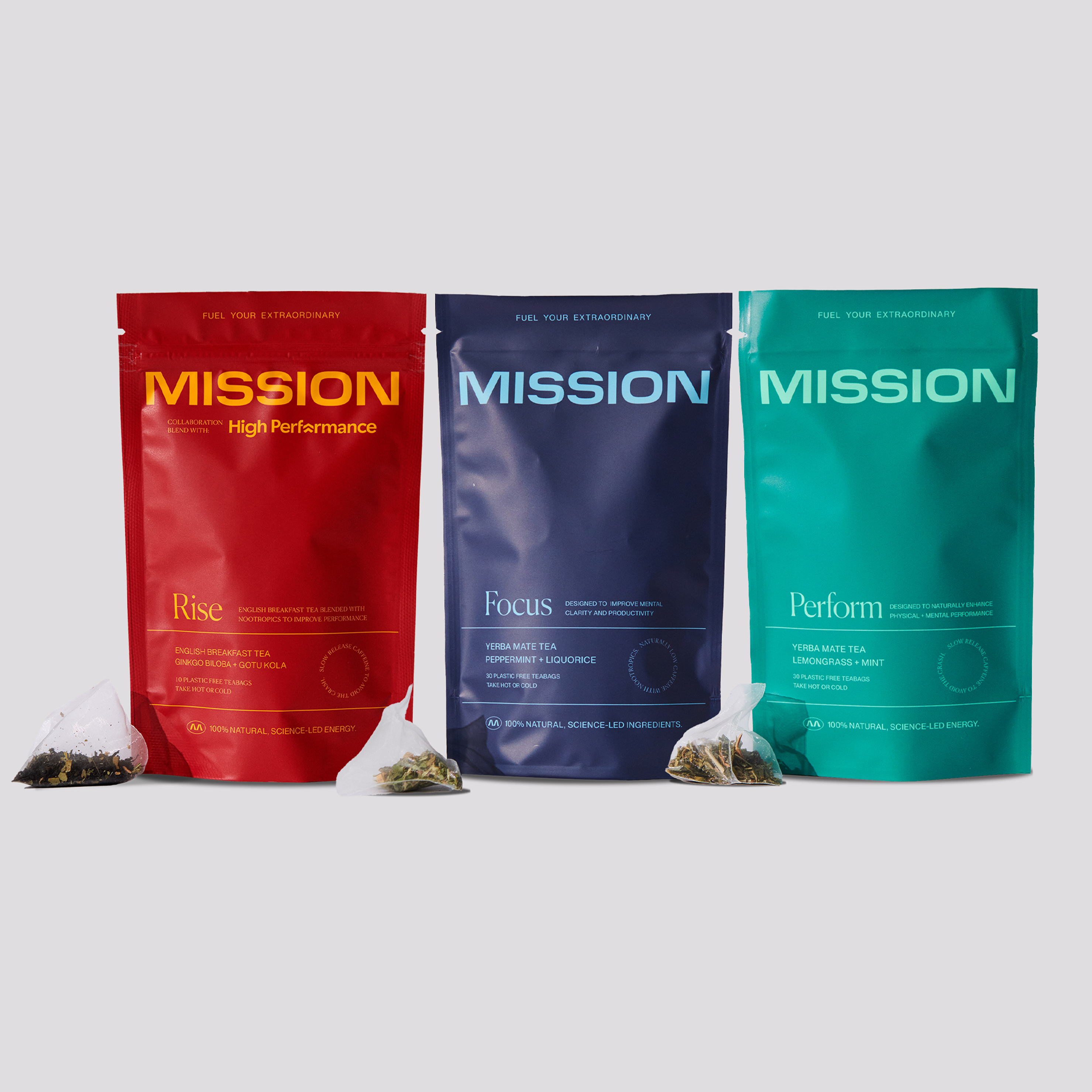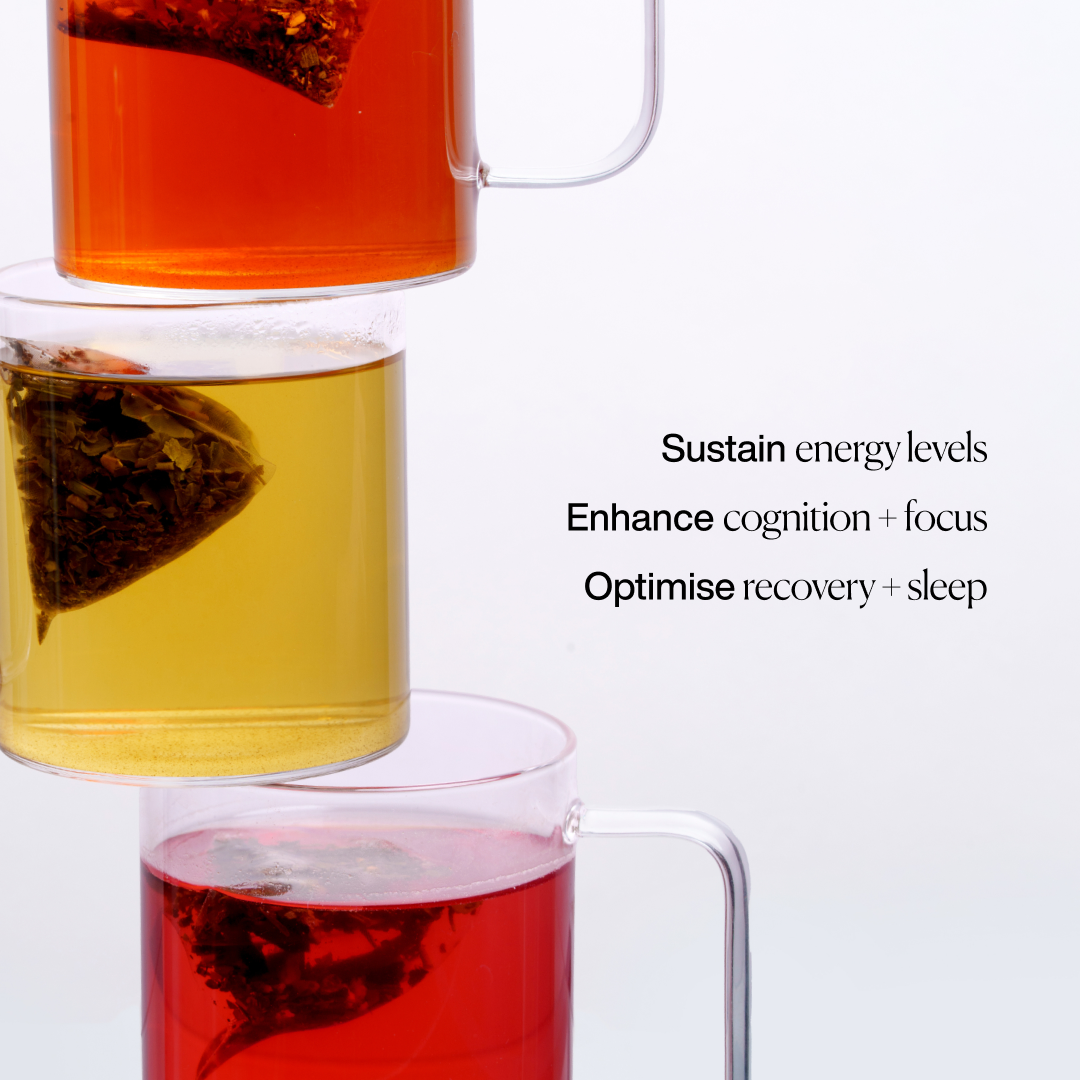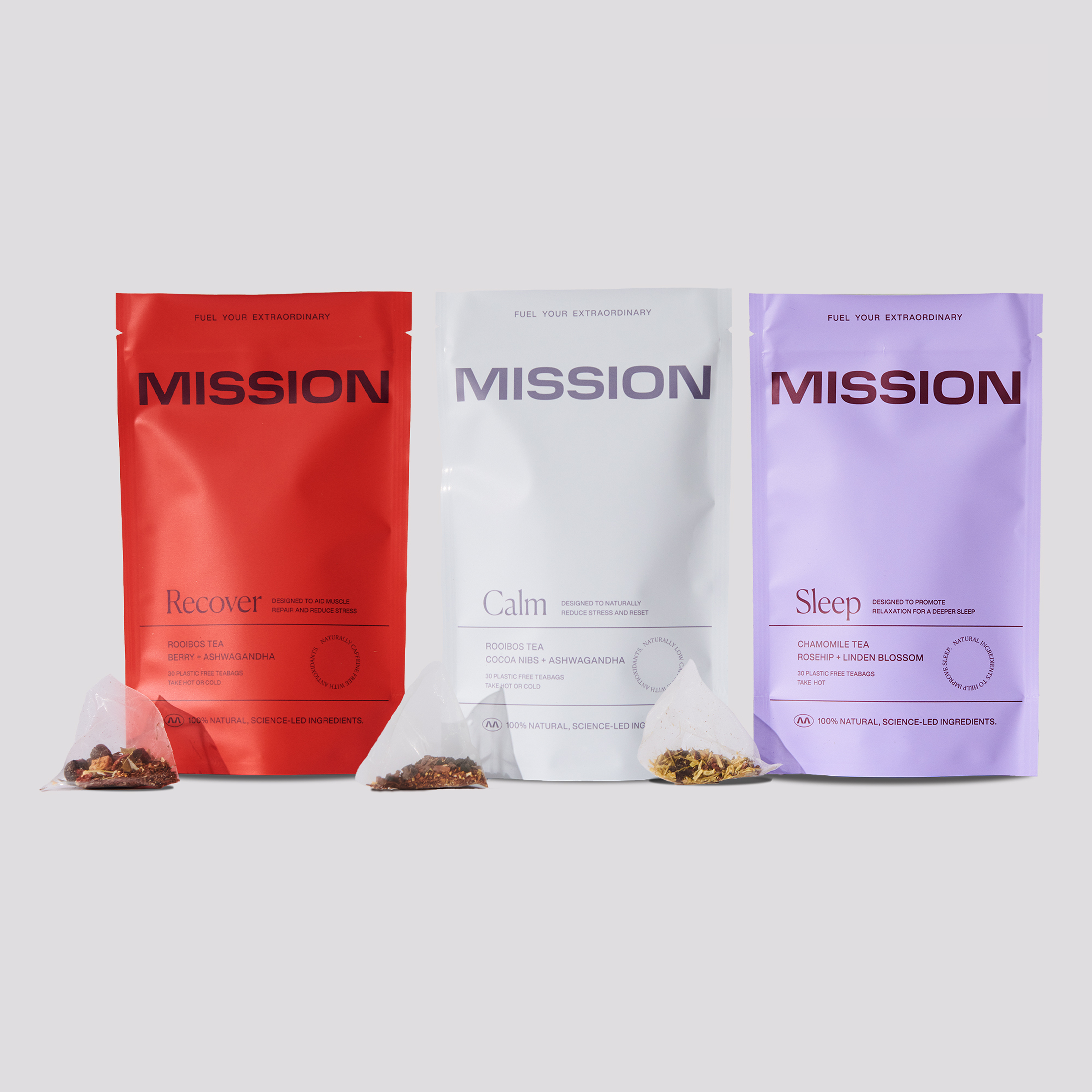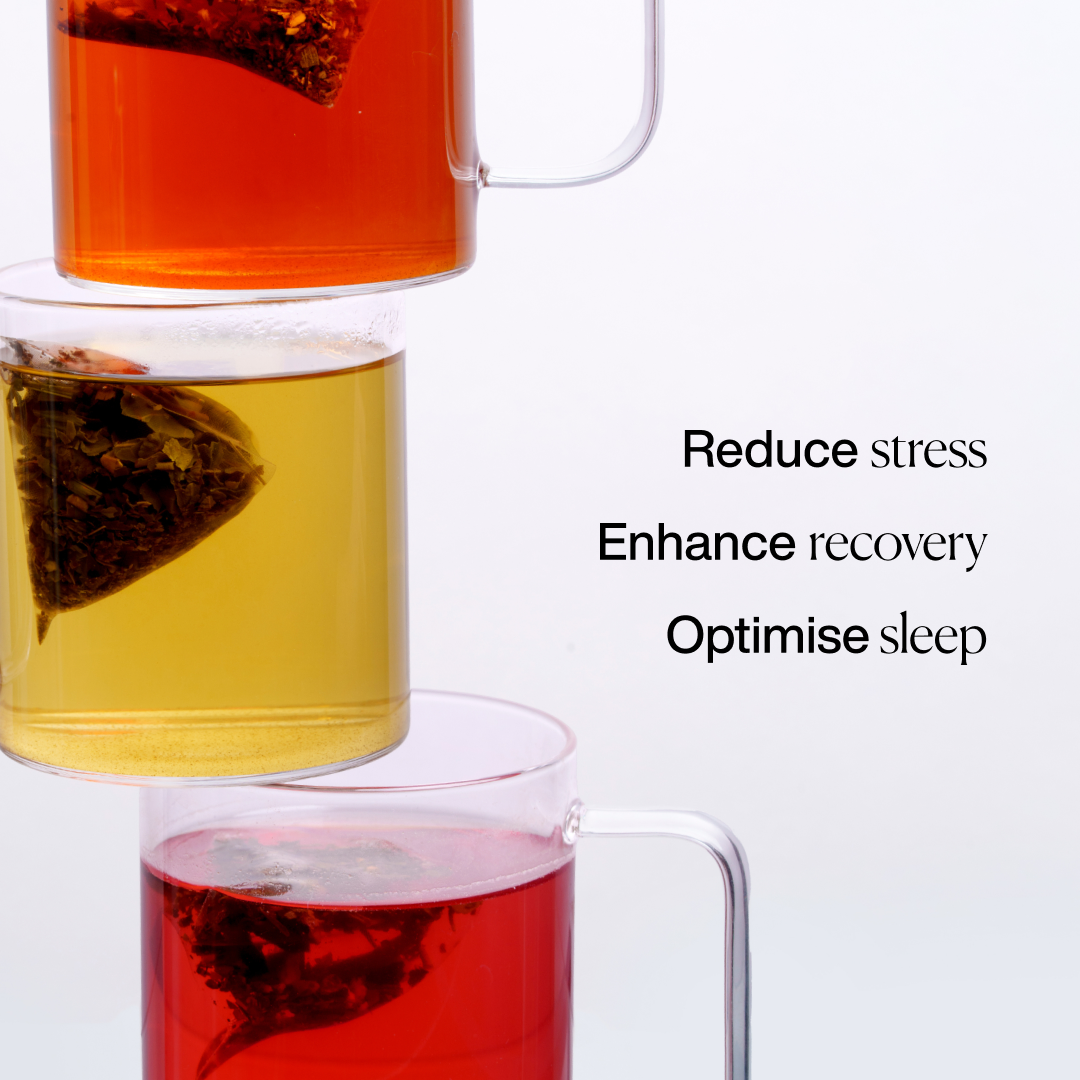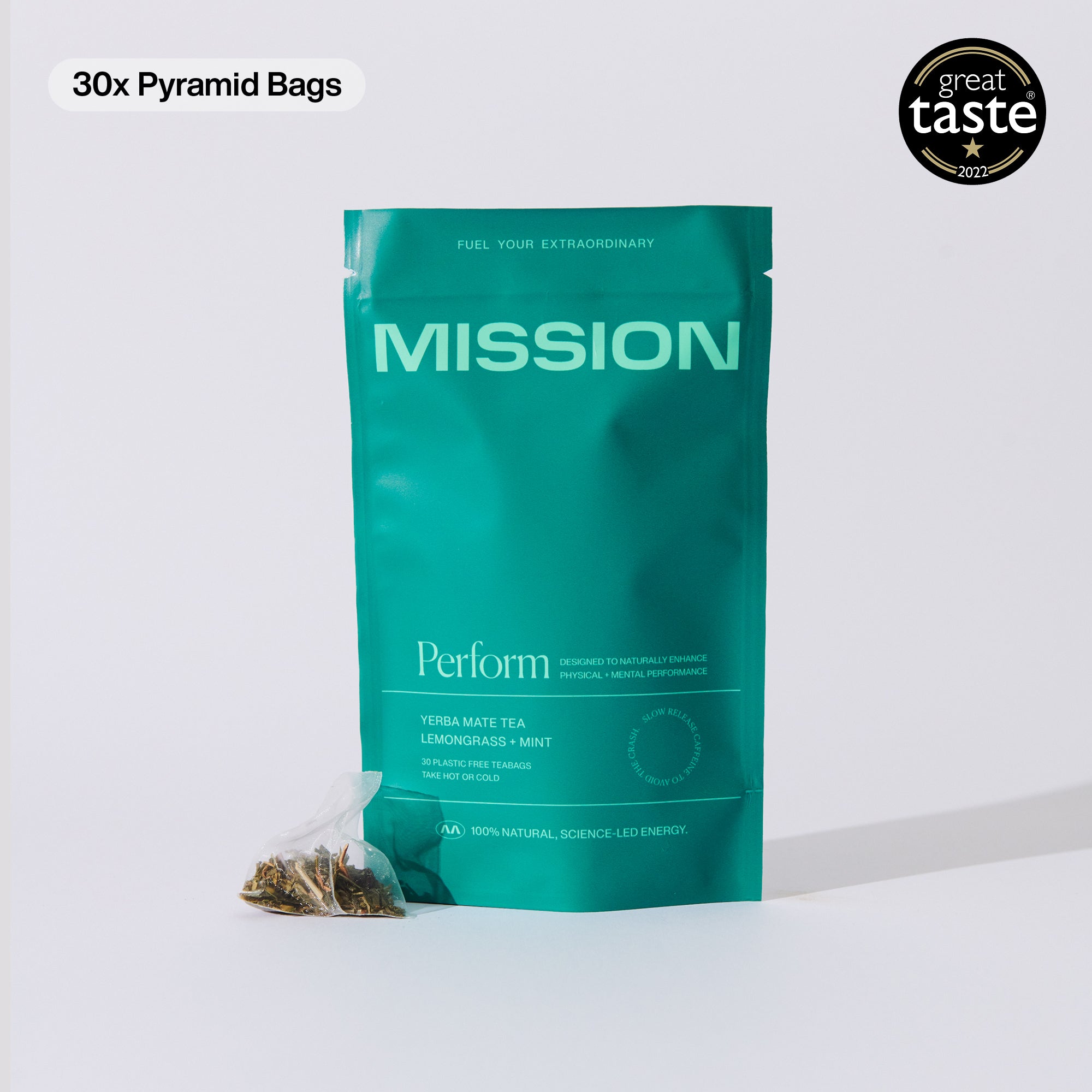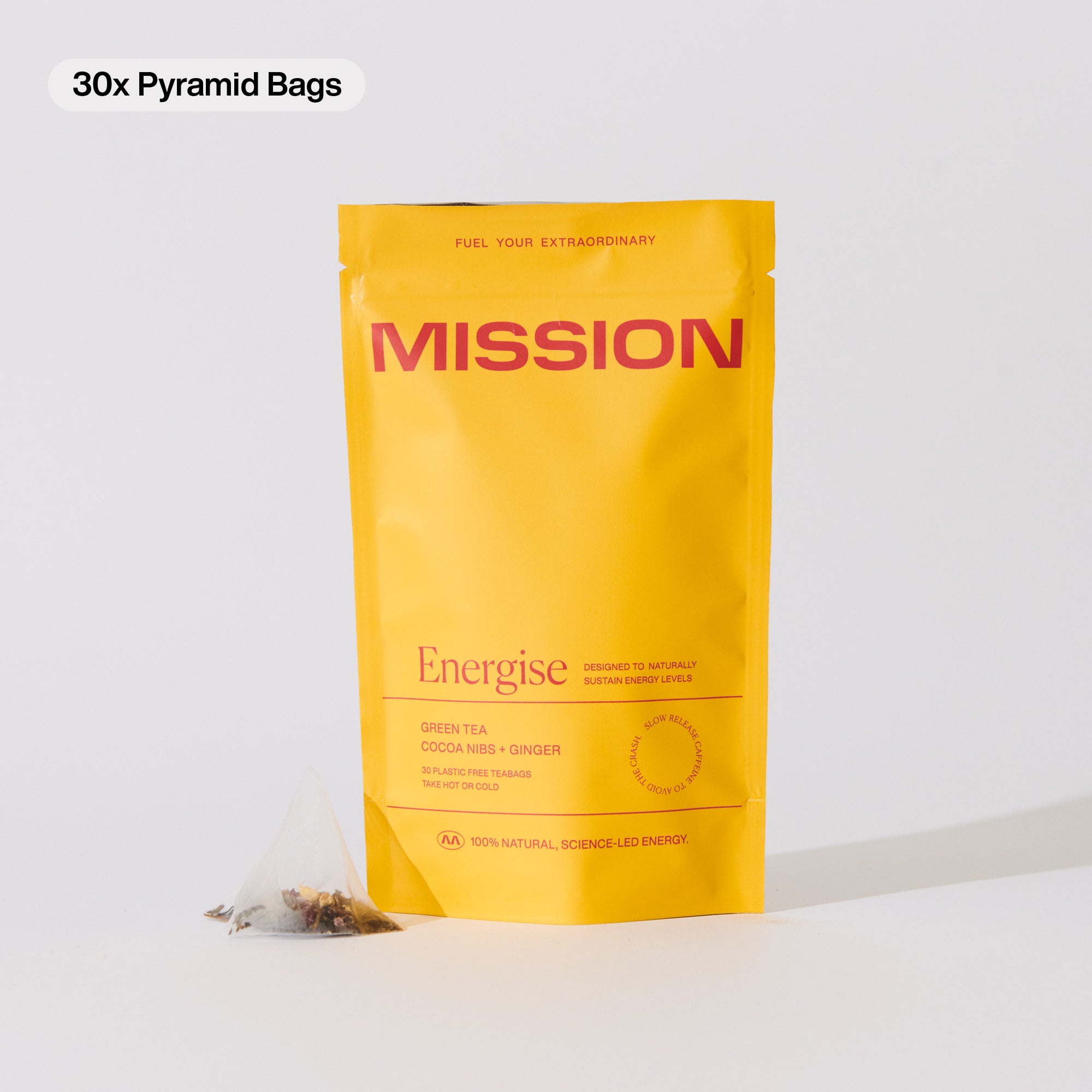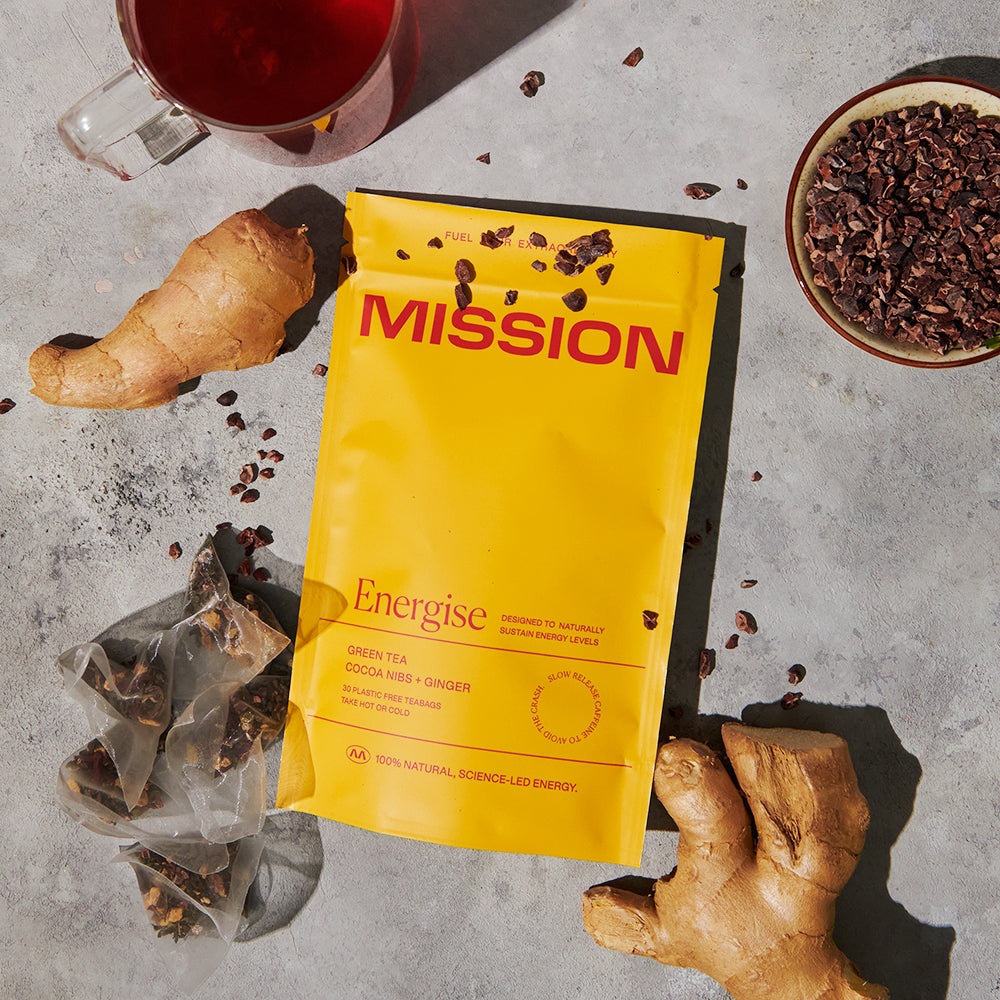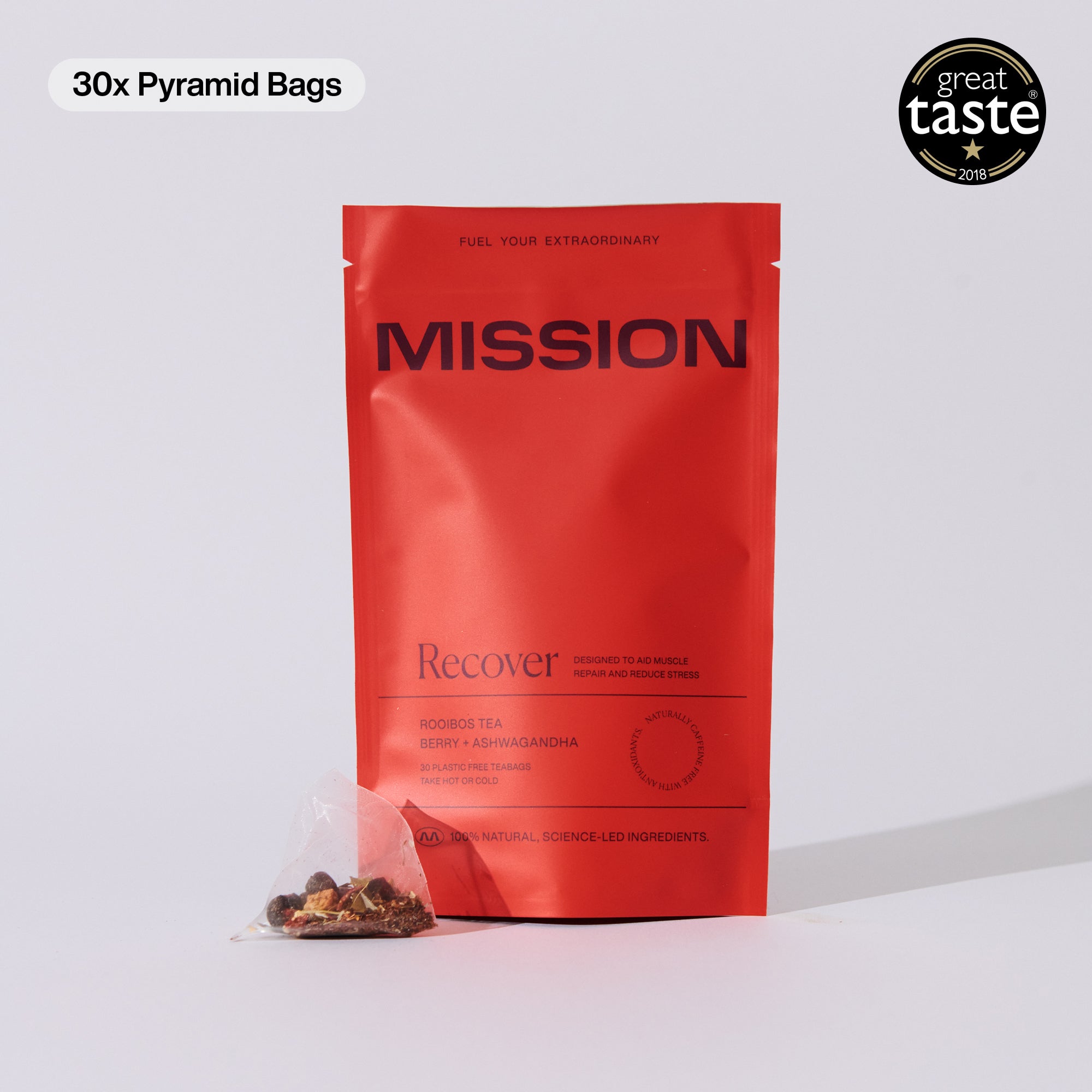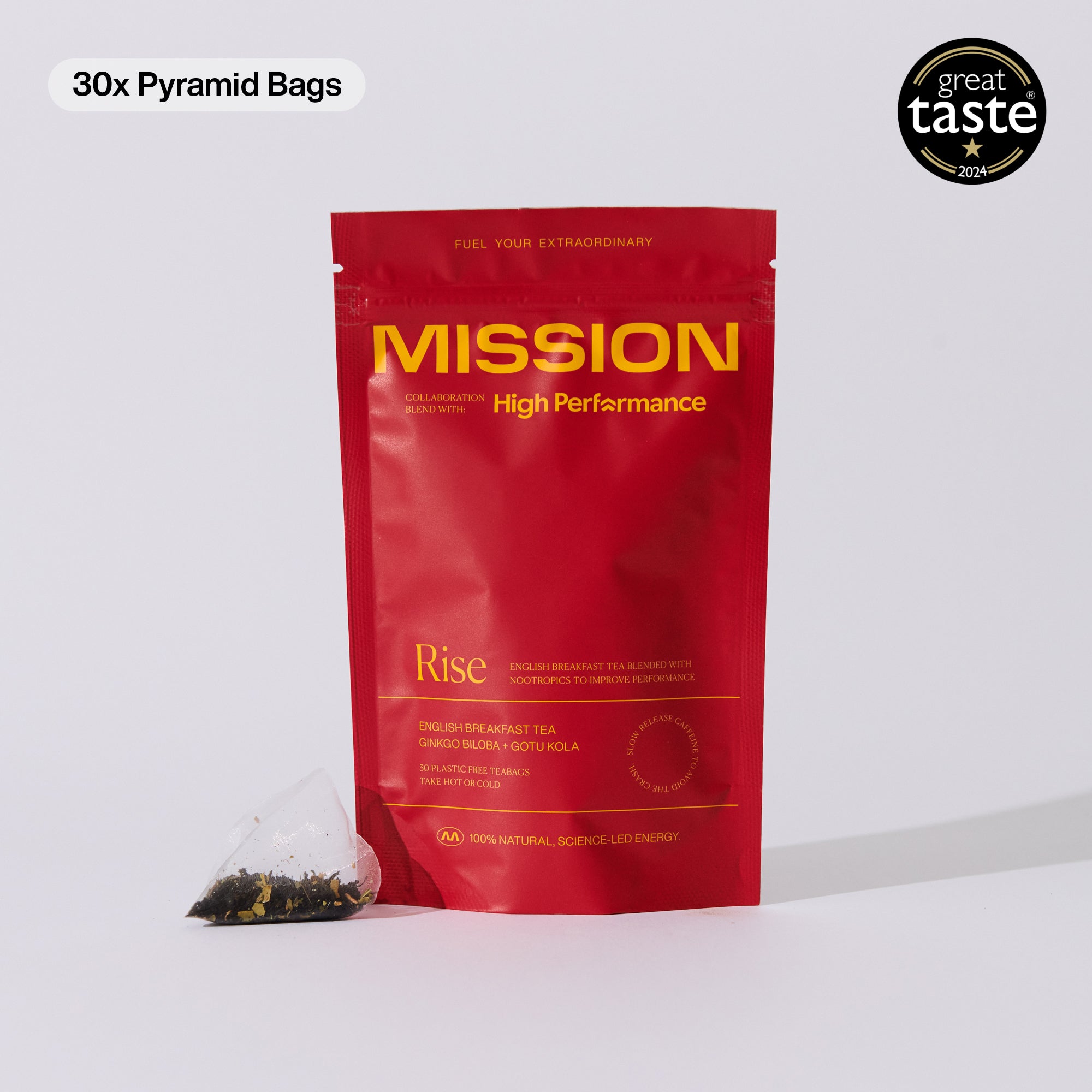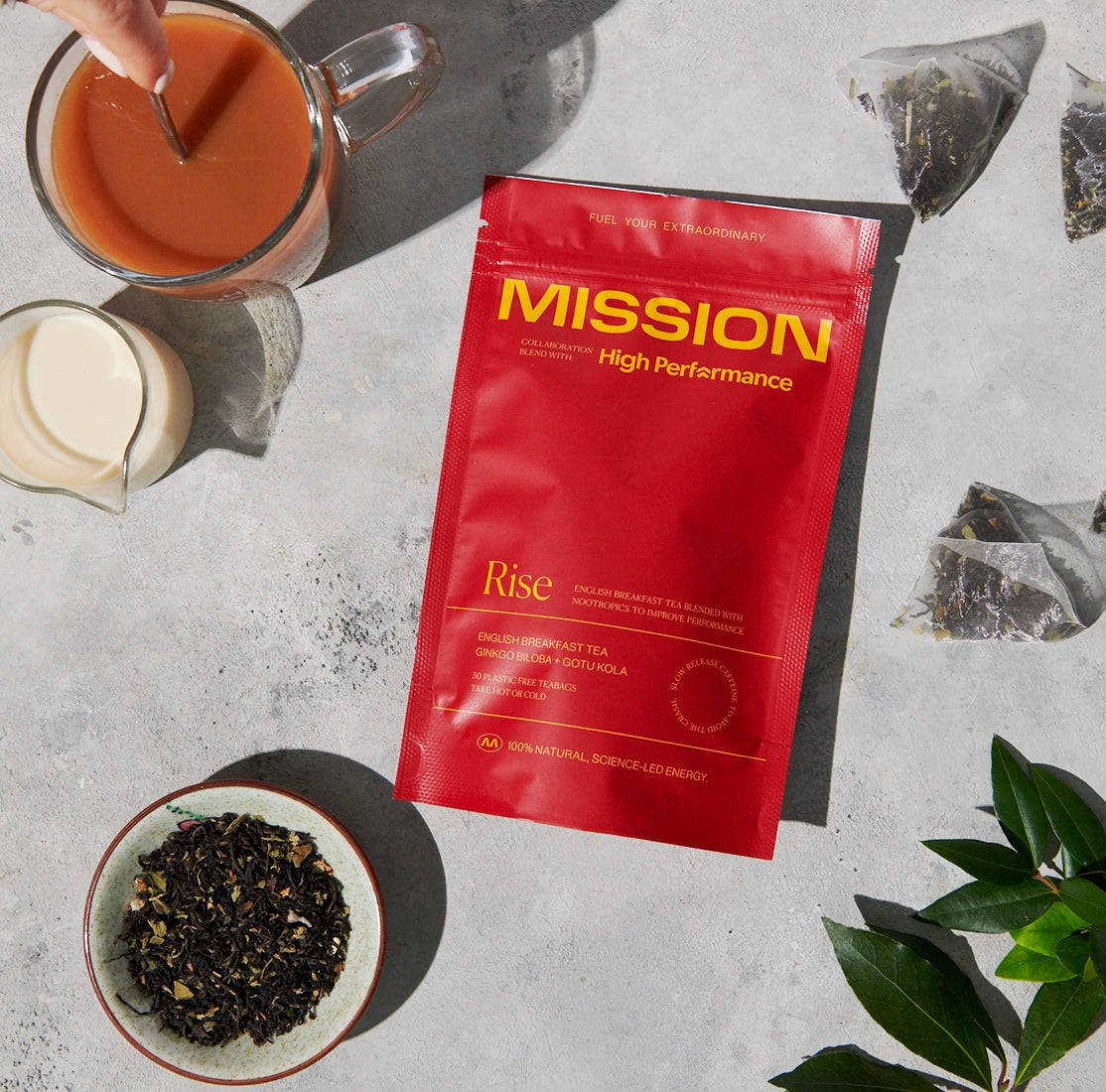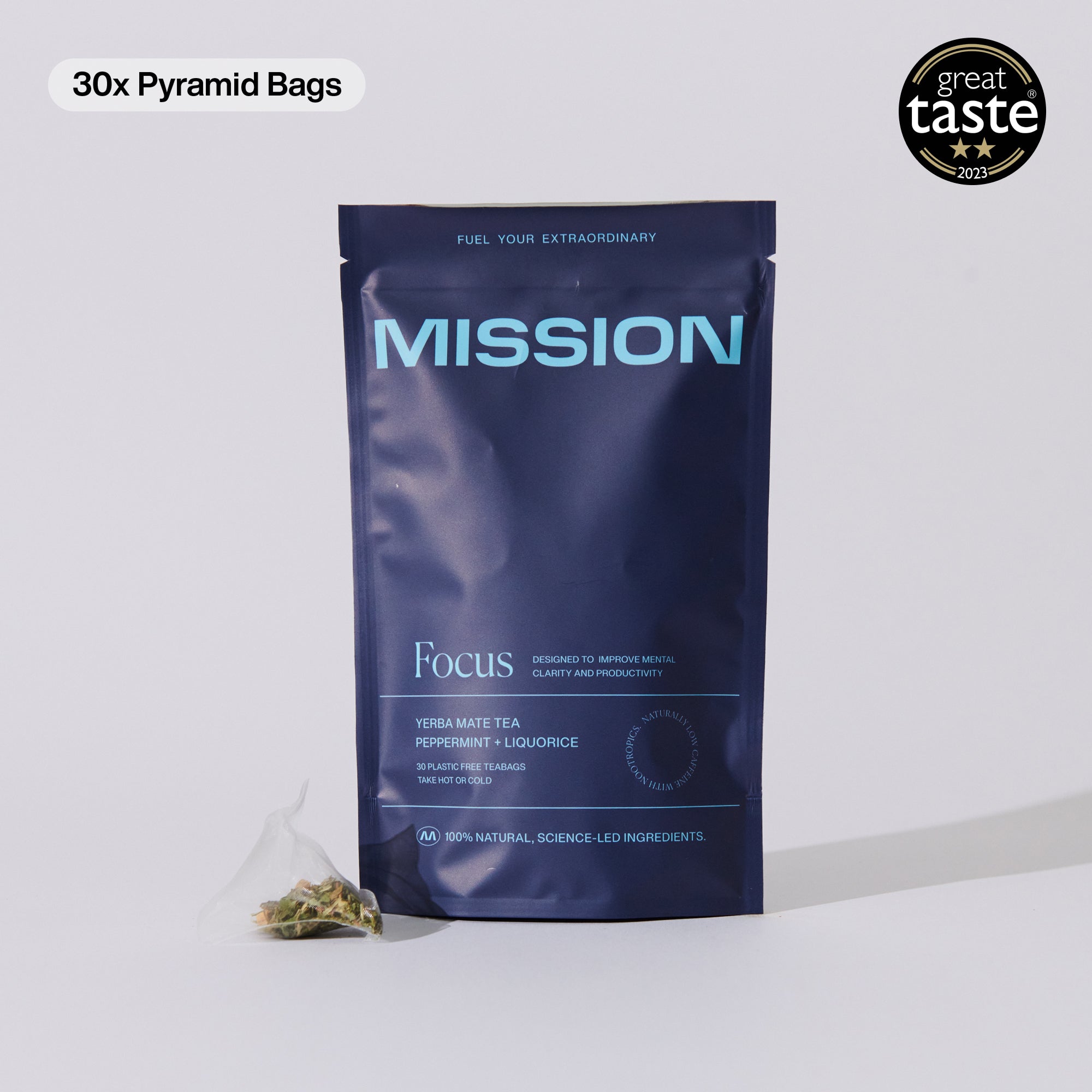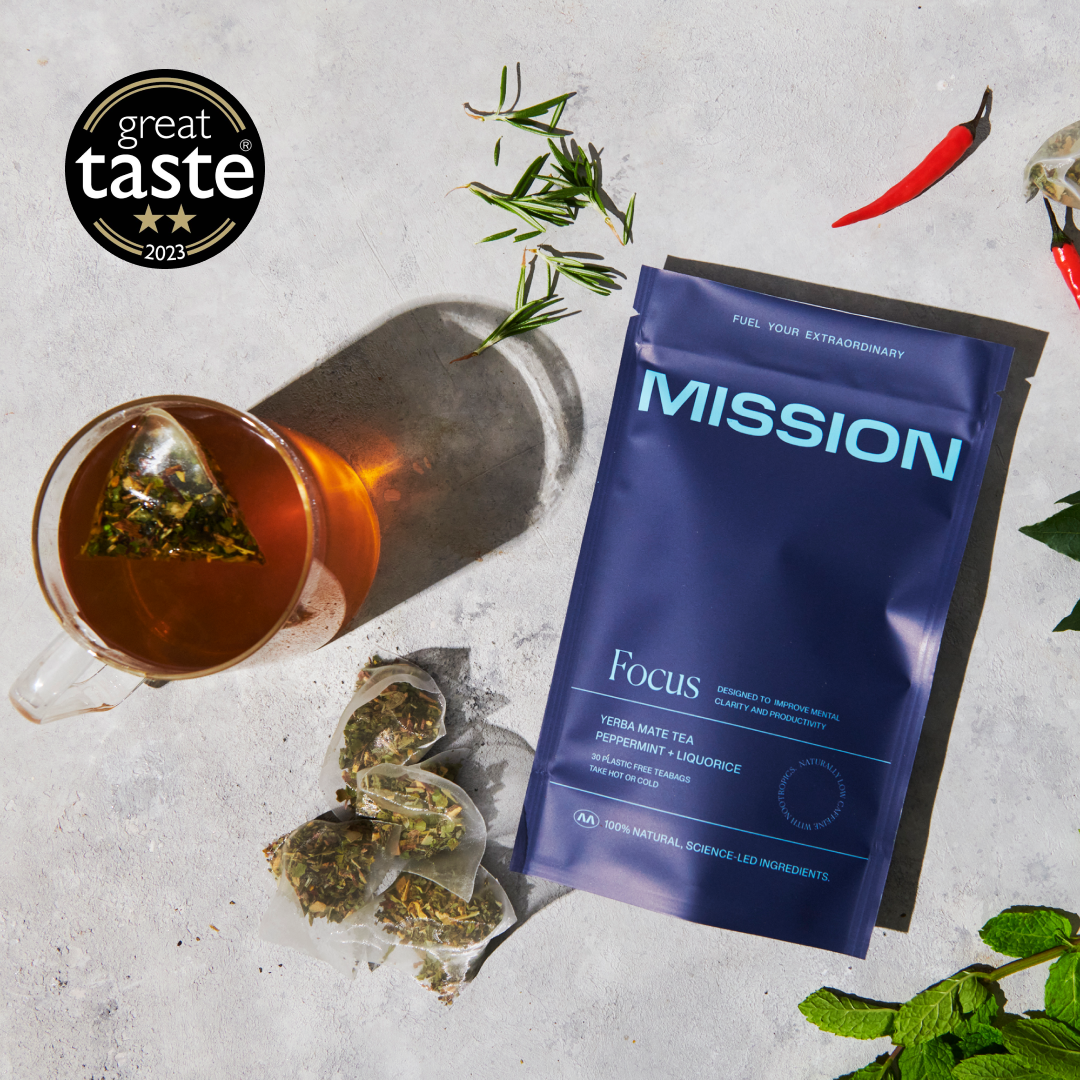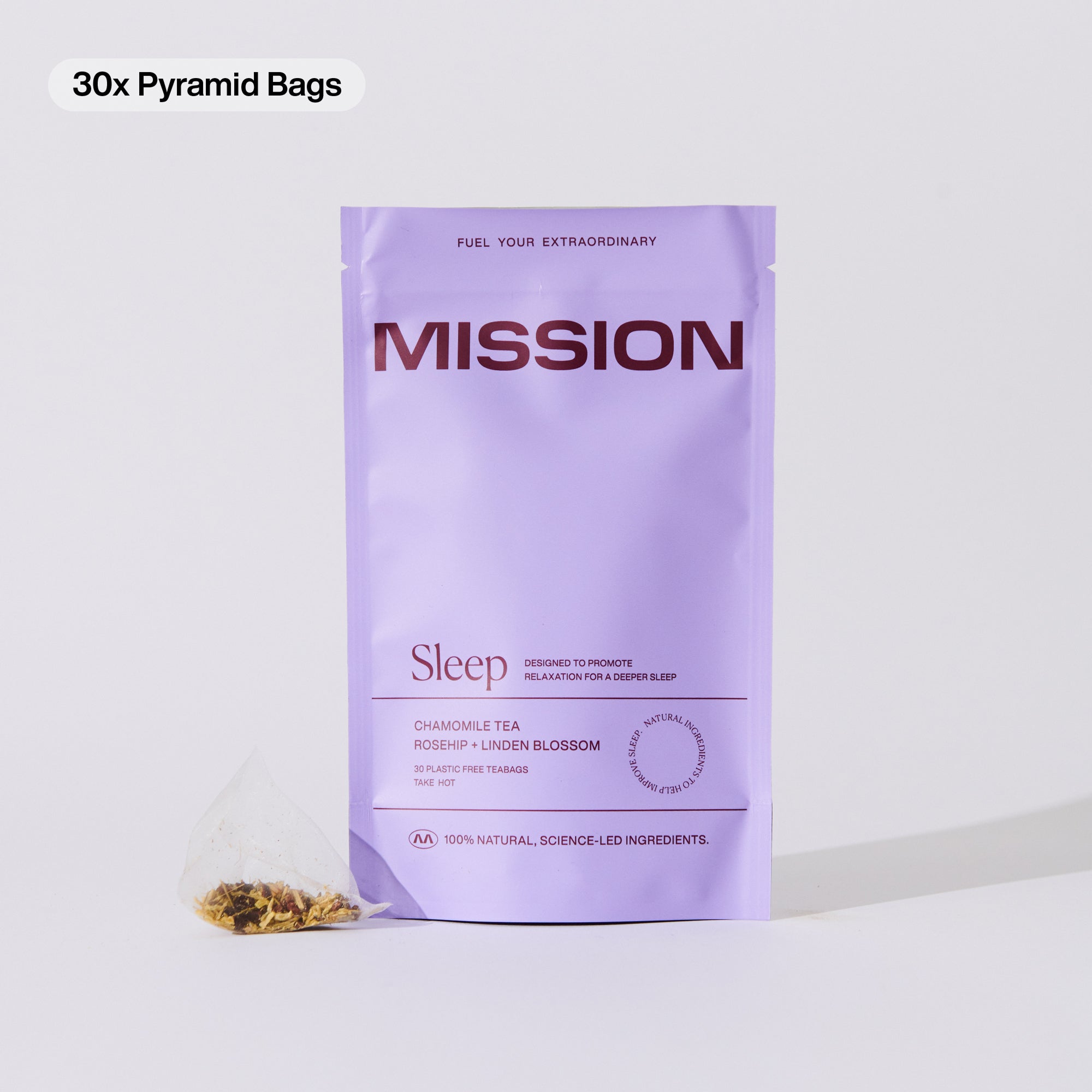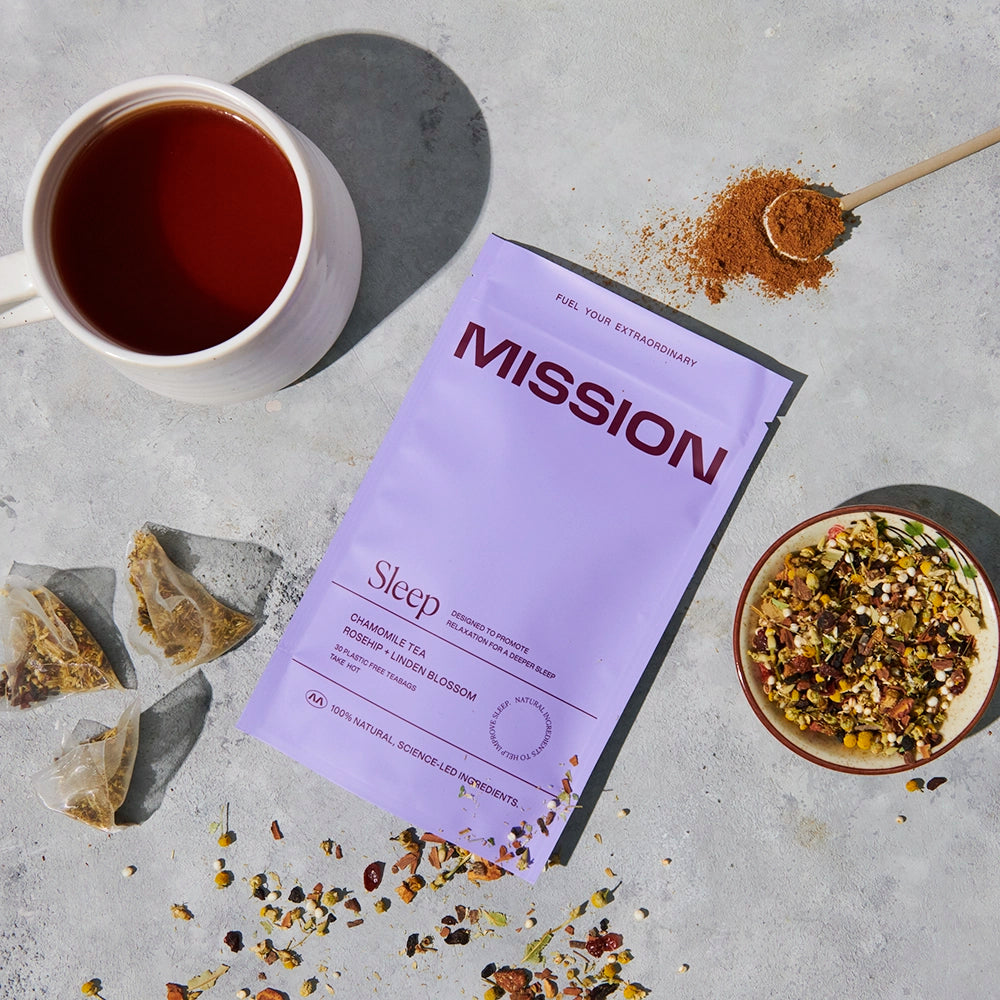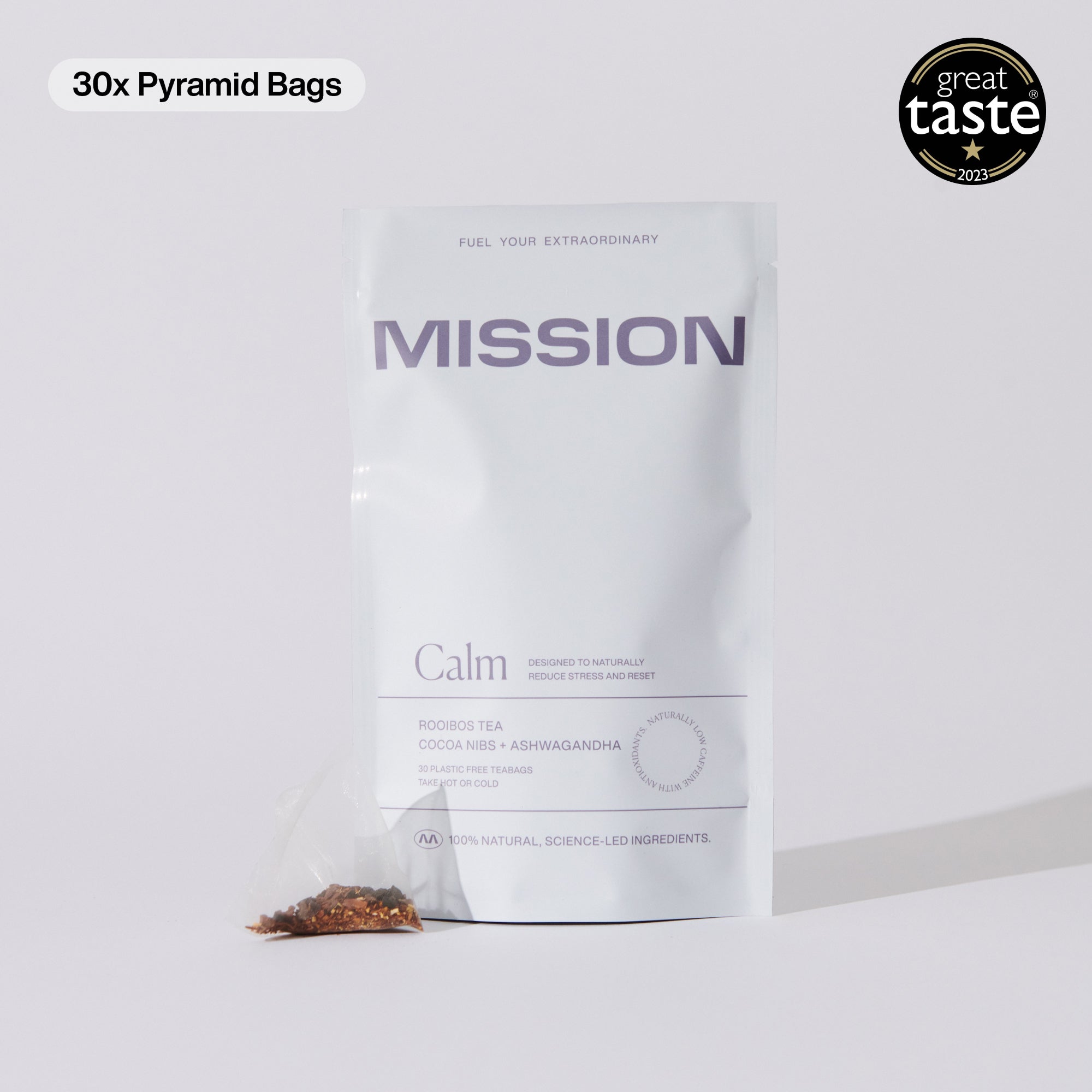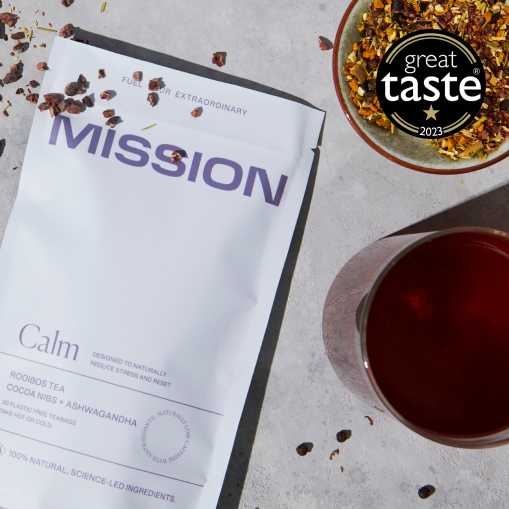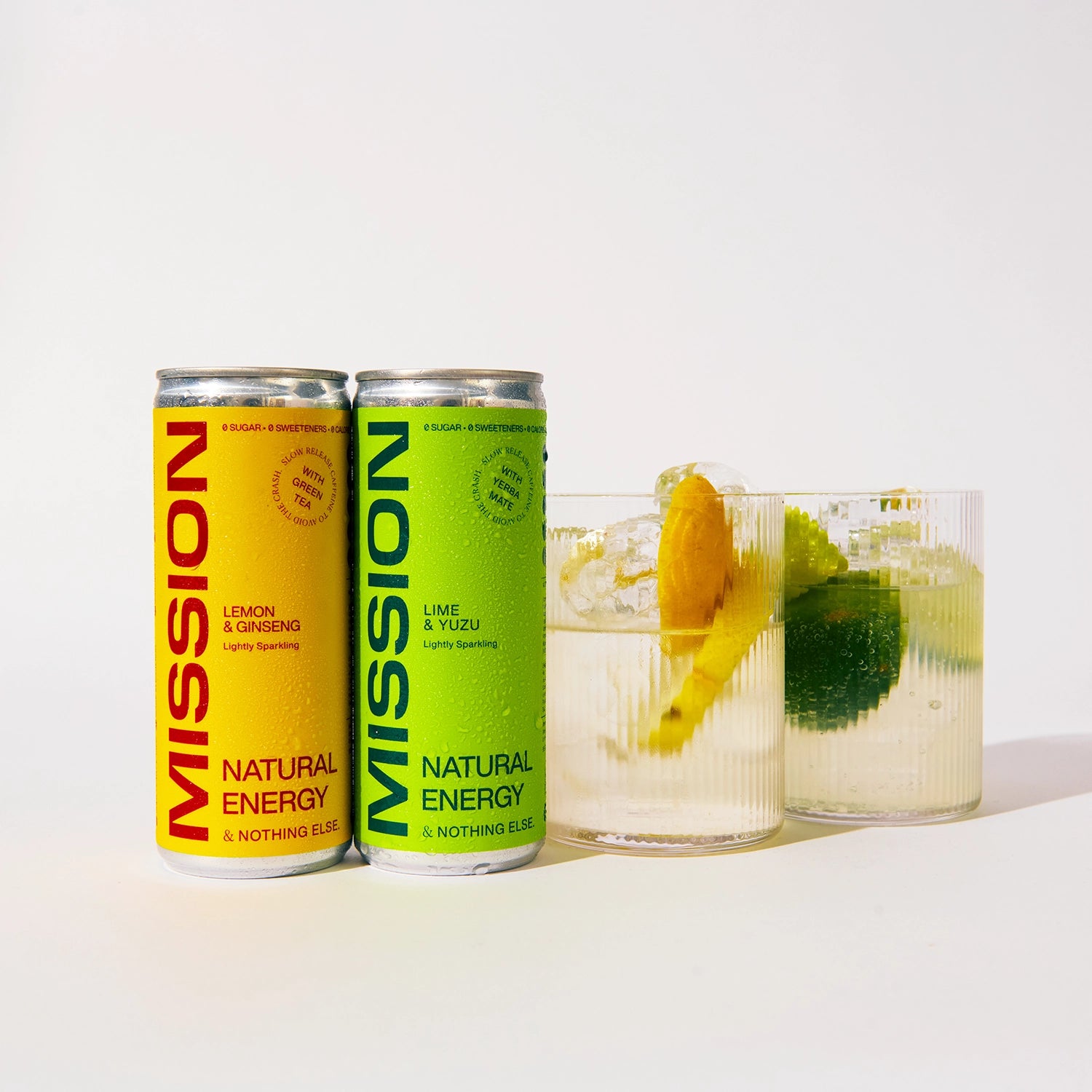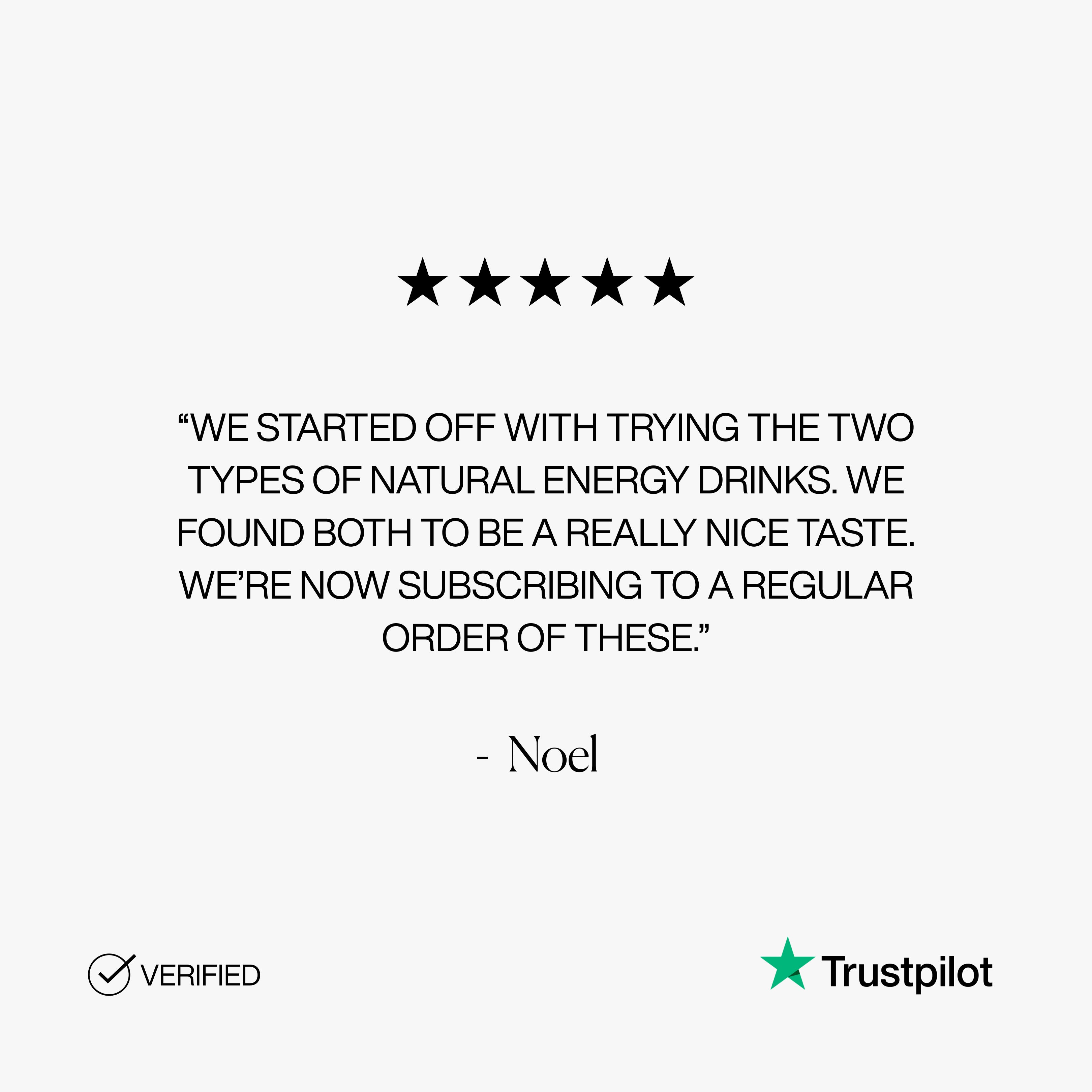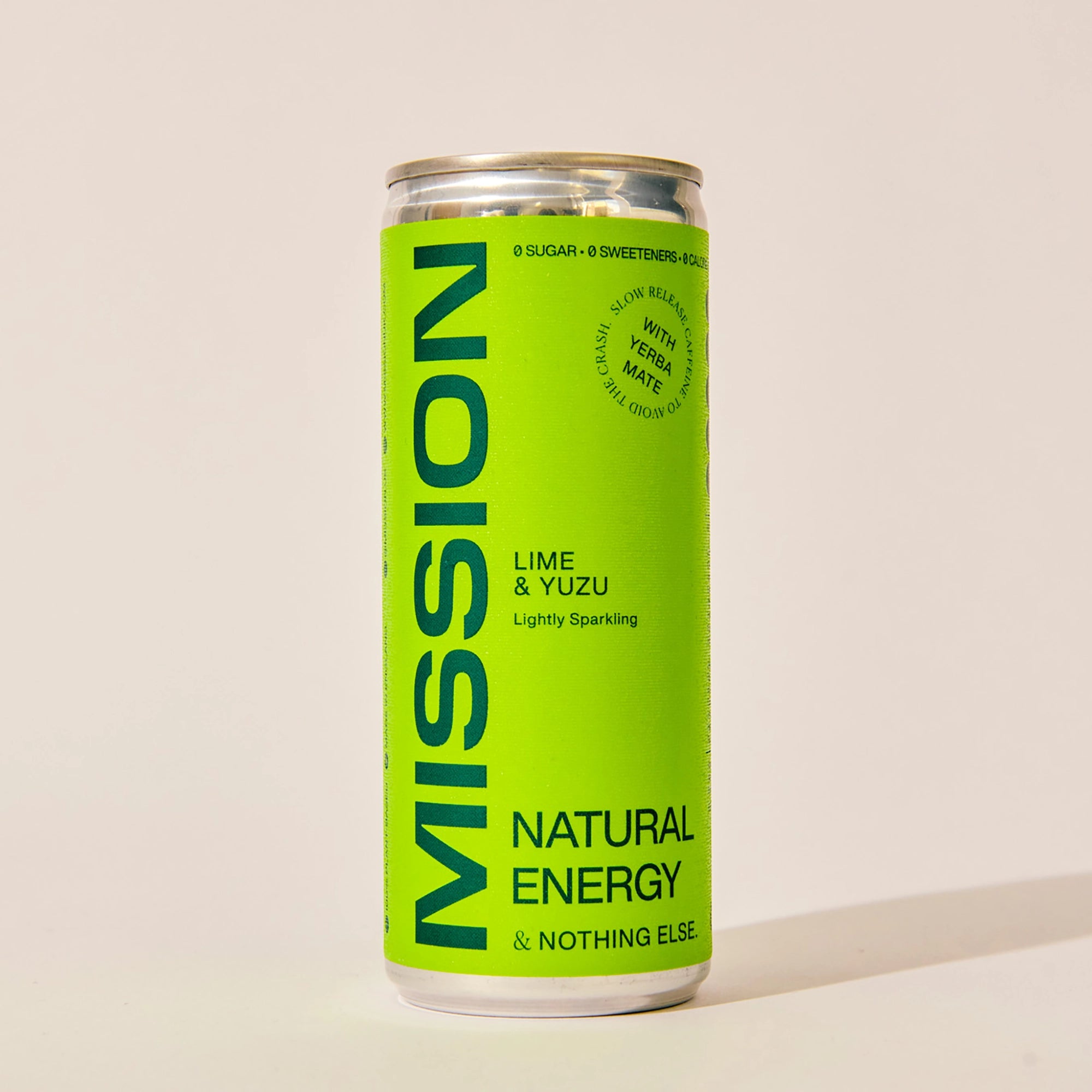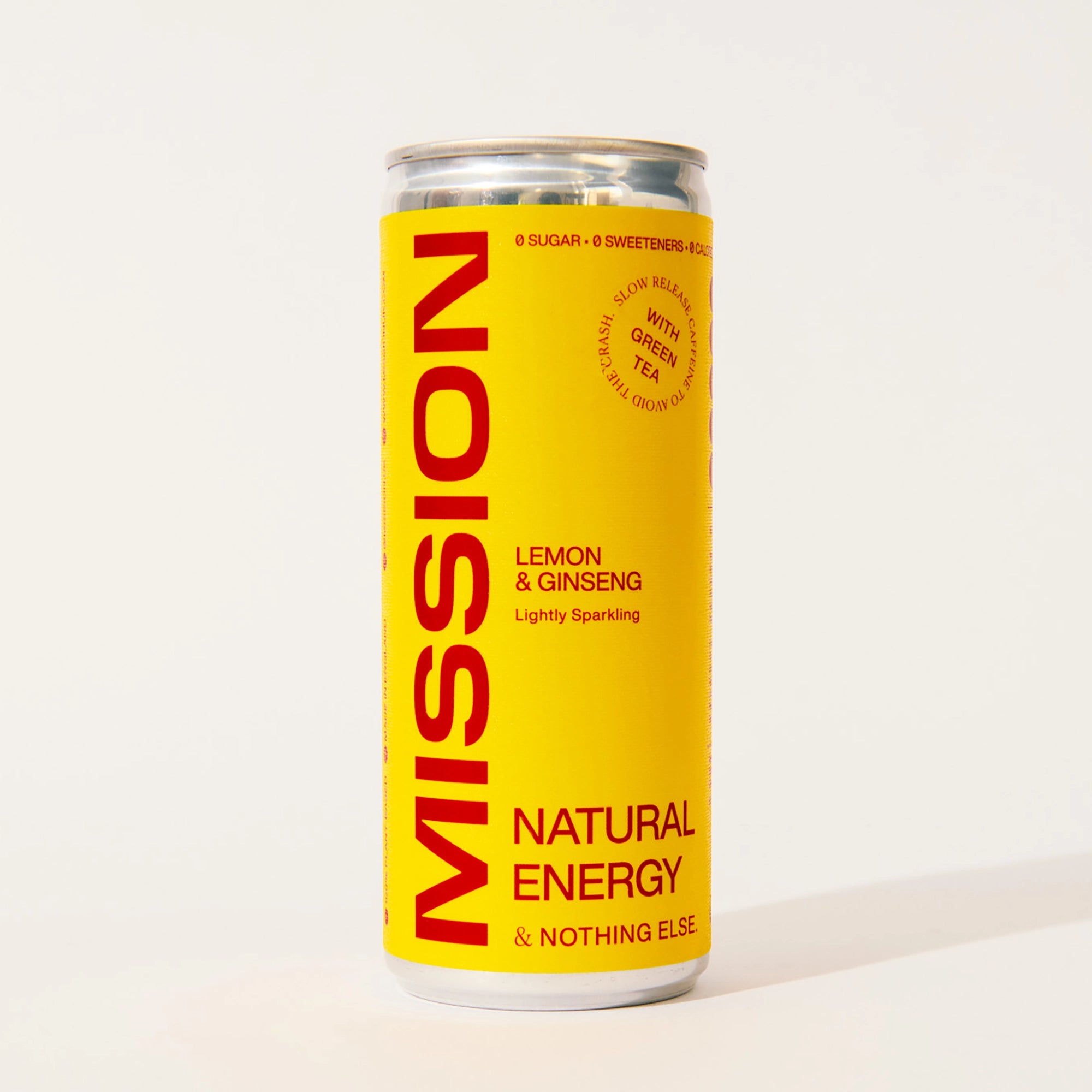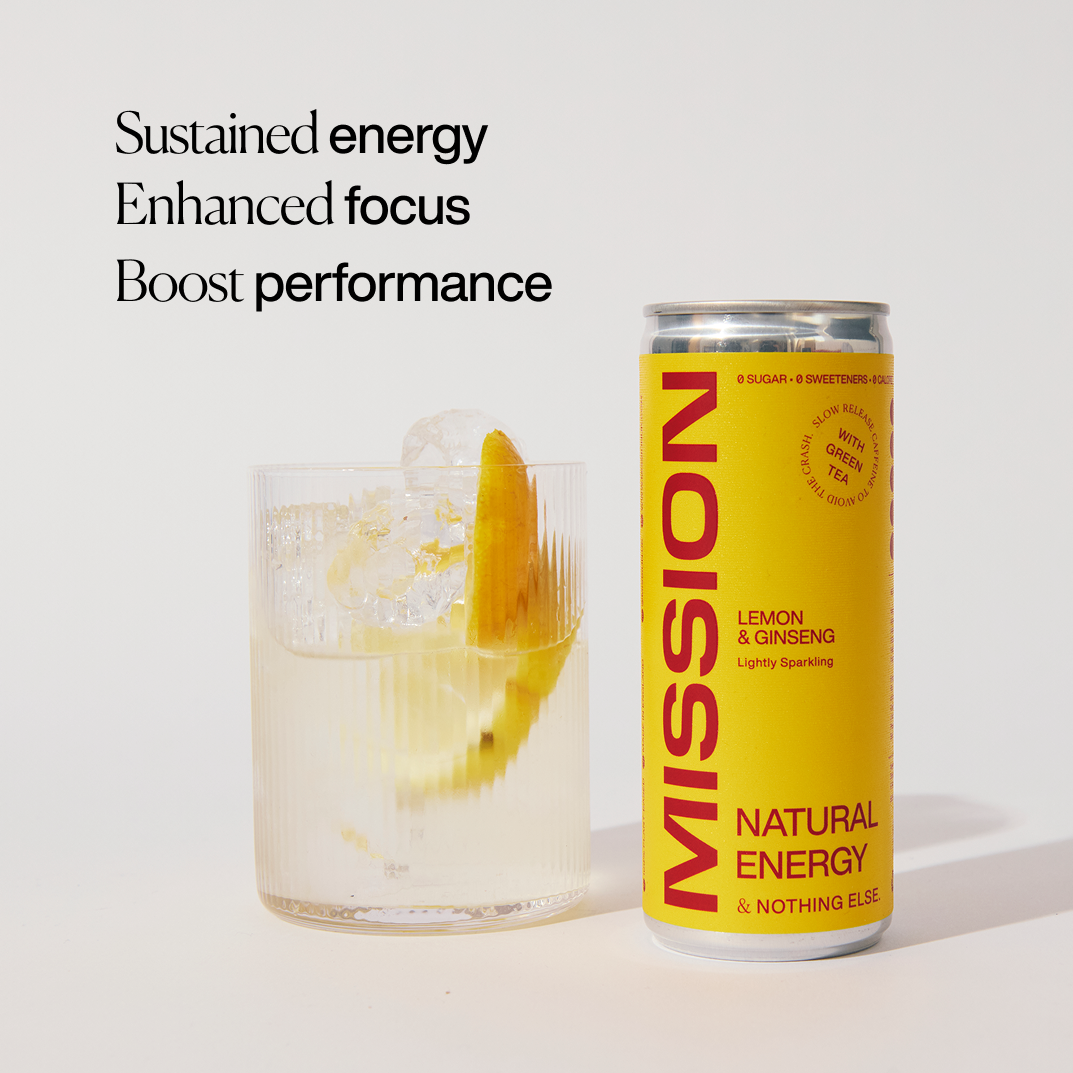How Sleep is Impacted Over Christmas
Alcohol and Sleep
Christmas is notoriously a season of higher alcohol consumption, and rightly so! But I definitely think it helps to know the impacts this can have on your sleep. An understanding of this relationship can help you to get to grips with your sleep during the festive period.
You may be familiar with the sleepy feeling you get post drinking alcohol, or after your favourite ‘nightcap’ tipple. However, these effects are short lived. Yes, alcohol can help with the onset of sleep, but the quality of this sleep is severely impacted - putting our sleep cycles off balance which can have longer lasting negative effects.
The relationship between alcohol and sleep is different for everyone, based on factors such as amount of alcohol and how quickly it is consumed, as well as the person’s age, sex, body type, and physical shape. I found this useful article from the sleep foundation is great at explaining the potential mechanisms for the alcohol/sleep relationship.
Importantly, being aware of and managing the speed, the volume and the timing of your drinking are the most important ways to make sure you give yourself the best opportunity for good quality sleep. The key message from me is to try and stop drinking alcohol at least four hours before bed time, to reduce the risk of sleep disruptions.
Food and Sleep
Tis the season for feasting and again, this is something we should all be enjoying! It’s not all about the food, Christmas and big feasts are a great excuse to get family around and conversation flowing - arguably the real joy of food is its ability to bring people together.
We’ve all been victims of the post-Christmas dinner nap, but this is a classic case of short term relief, long term pain. Fatigue can set in because your body uses a lot of energy for digestion and that can make you feel sleepy and lethargic.
Digestion continues even though you are snoozing which can cause indigestion. Some experts recommend waiting one to two hours after a very large meal before napping to help you stay on top of your sleep and digestion patterns. A way to help is to try and get out for a walk after the meal, as this aids digestion + helps to manage your blood sugar levels.
Eating too much can also impact digestion and cause discomfort, which can hinder sleep onset. The best way around this is to time your meals well - at least 1-2 hours before bed time and also to learn to eat mindfully. There’s lots going on at a Christmas dinner - family and friends to catch up with, crackers being pulled and the cheeseboard of dreams staring at you, but try to be cautious of the speed you're eating and be aware of your digestion.
Digestion starts at the mouth, so chewing properly and allowing time for each mouthful to go down before you load up your fork again is a great way for your body to become aware of what is going into your stomach, and how much it would like.
Caffeine + Sleep
We all know that caffeine can be responsible for impacting sleep, but did you know that the effects of caffeine can last around 6 hours (for some people, it can be more)?
It seems incredibly tempting when the post Christmas dinner fatigue hits, but that temporary fix of coffee (providing a big caffeine hit), may still impact you when it comes to sleeping later on.
Instead, why not grab one of our lightly caffeinated blends so you can feel an improvement in your energy levels, but without the crash, What’s more, both our Energise and Perform blends also contain ingredients that are soothing on the gut, which is perfect if you’re feeling over-full from all the amazing food!





